
Ten-Cent Daisy (A Lost Mermaid Tale) follows three sisters Orchid, Violet and Daisy, the mermaid who all run away from their small Caribbean fishing village after Daisy is assaulted by the local pastor.
You May Also Like

Sakata protects a little boy while coping with rival gangs.
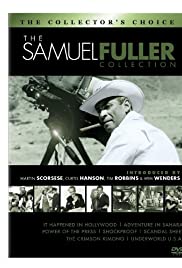
Although he’s credited only for story, the dialogue has Fuller’s headline punch, and of course newspapering was an alternative universe he knew inside out. A publisher whose once-honest New York tabloid has been ideologically hijacked is aiming to make a course correction. Minutes after saying, “The power of the press is the freedom to tell the truth–it is not the freedom to twist the truth,” he’s a dead man. The rest of the movie deals with the efforts of his old friend, small-town newsman Guy Kibbee, to complete the paper’s redemption. Made in mid World War II, the picture angrily and explicitly likens homegrown demagoguery to Nazism–and its condemnation of media organizations “playing on the prejudices of stupid people” has acquired fresh relevance. Otto Kruger and Victor Jory (“a little Himmler”) supply the villainy, while Lee Tracy steps up to save the day as a casehardened yellow journalist named Griff.
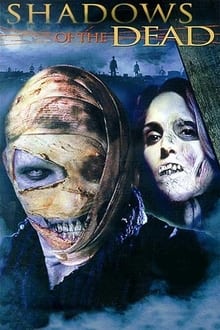
A couple’s weekend getaway turns into a nightmare after they are stranded in the woods and discover what they assume to be a dead body. The assumption is wrong and John and his girlfriend Jennifer are infected with a deadly disease that will soon ravage their bodies. With no place to go, and no one to turn to, they are forced to find shelter in a deserted cabin. This is where they’ll find safety, but this is also where they’ll experience a slow and torturous death. They must come to terms with their inevitable deaths, the temptation to kill others to sustain their own lives, and the consequences of murder. They will cling to one another’s love and support, but in the end…. all great love stories end tragically.

A French-to-Spanish interpreter working for a food processing plant that hires seasonal workers from Guatemala is, at first determined to obey the sometimes excessive directives of the young boss, but she befriends the workers and tries to defend them against the exploitation they suffer.


A gay poet heads west from New York City in his convertible. He picks up a muscular sailor who’s bisexual; then Jackie, a waitress at a diner, joins them. Jackie is attracted to the poet who rebuffs her romantic gestures; rejection fuels her continued interest in him. The sailor and the poet are bonded by sex, but the sailor’s frank advances to Jackie make him uninteresting to her. The sailor can get violent, the poet is passive, Jackie is glamorous and detached. The landscape changes, they stop in cities and in the desert. They reach a lake. Who will be left out of a final pairing?
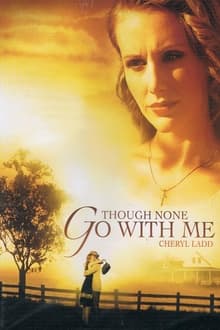

XV century. In the vast expanses of Eurasia, the descendants of Genghis Khan create their own state. The promised land of Kazakh Khanate is resisting its enemies..

After a brain hemorrhage, Maud, a filmmaker, wakes up one morning in a half-dead body that has left her hemiplegic and facing inevitable solitude. Bedridden but determined to pursue her latest film project, she discovers Vilko, a con man who swindles celebrities, on a TV talk show. He is arrogant, magnetic and mesmerizing. Maud wants him for her new film. They meet. He sticks around. He swindles her, too, borrowing astronomical sums of money.
He takes everything but gives her joy, a family. This film tells the story of the abuse of weakness to which Maud falls victim.

A father’s ice sculpture of a princess magically comes to life, causing unexpected disruptions in the lives of those she meets.
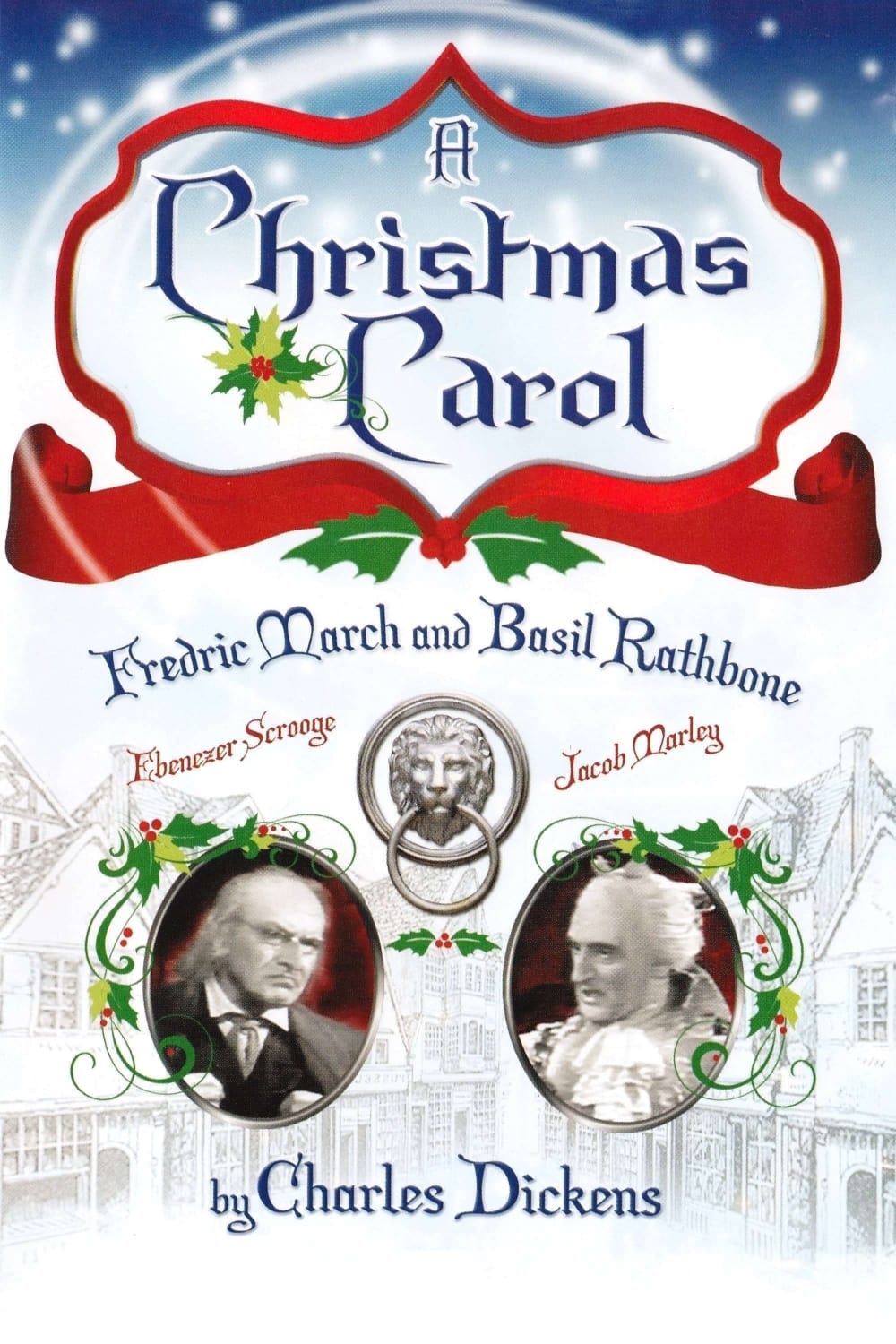
This is a TV special of Charles Dickens story andapos;A Christmas Carol.andapos; Itandapos;s an abridged version of Scrooge being visited by three ghosts. Original songs are by Maxwell Anderson and Bernard Herrman.
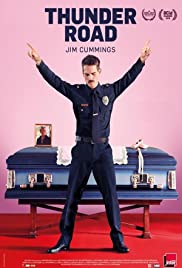
Officer Arnaud raises his daughter as a love letter to his late Mom.